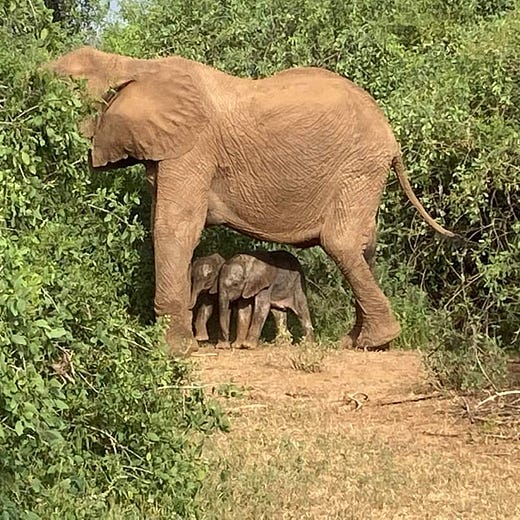Worker power and a jobs guarantee
Weekly roundup
For much of the COVID-19 pandemic, there has been a flood of mainstream media stories about how nobody wants to work anymore, employers simply cannot fill their open positions, the contagion of quitting, etc. At first this was used as justification to end the federal government’s extended unemployment benefits, but the narrative has continued long after those benefits expired. One underappreciated aspect of this is that many organizations and companies are simply terrible at hiring thanks to incompetence, mismanagement, and algorithms. It seems clear to me that to the extent The Great Resignation is a real and significant phenomenon, it is mostly people leaving poorly paid jobs with bad working conditions (that are even worse in a pandemic) in search of better opportunities and the powers-that-be simply refuse to tolerate even a minor uptick in worker power after decades of neoliberalism eviscerated it.
It has been funny to read all these stories while unsuccessfully applying to hundreds of “environmental” job openings since getting a master’s degree. I certainly have some particular weaknesses as a candidate along with things I could be doing better in selling myself in both applications and interviews. Unfortunately, applying to jobs is basically a black hole with no feedback, so I can only guess. But the competition for these jobs has been fierce; many of my prospective employers have said that they received an unprecedented or overwhelming number of applicants, sometimes even resulting in delays in the hiring process.
I say all this not to garner sympathy, but to highlight the irrationality of how work is organized in our economy. Given the urgency and severity of our ecological crises, a rationally planned society would be falling over itself to pay people to stop these crises, transform our infrastructure, and fix our planet, and it would be the easiest thing in the world to get a job in these areas. This is why a federal job guarantee is a critical part of the Green New Deal we need, with the government employing millions of people in high-paying union jobs to do all the vital care and repair work that must be done but simply will not happen without robust public creation. In the meantime, maybe someone can hire me to help figure out how to make it happen.
More than 500 acres of redwood forest in northern California are being transferred back to their original occupants, a group of 10 Indigenous tribes. This is the stuff of good biodiversity and climate policy, and the right thing to do—a means and an end.
Vienna has for a long time been ground zero for visionary social housing. This exciting new project incorporates functional communal rooms, a variety of services and recreational spaces, copious green areas, density near public transit, mixed unit sizes, sustainable hybrid timber design, and more. Better homes are possible.
Lead poisoning is a problem for animals that eat carrion (a vital ecosystem function) because organs and carcasses of hunted wildlife that get left behind often contain lead fragments from the bullets that killed them. This has long been a major threat to vultures, our planet’s vital yet unfairly maligned clean-up crew, and a new study finds that it is also a threat to our iconic bald eagle population. The most frustrating thing about this is that lead ammunition is totally unnecessary.
The millions of abandoned oil and gas wells in the US are a major problem because they can pollute land and water along with leaking methane into the atmosphere. Negligent or bankrupt corporations have little incentive to do anything about them, while regulators often lack funding and capacity. Now that the federal government has authorized $4.7 billion in funding, states have suddenly found a lot more abandoned wells that need to be plugged up. We need to nationalize fossil fuel companies so they can no longer reap profits while pawning off their clean-up costs to the state.
This is an outstanding profile of legendary science fiction writer (and socialist comrade) Kim Stanley Robinson. We could use more speculative fiction that truly explores ecological ideas along with radically different forms of sociopolitical technology and organization.







